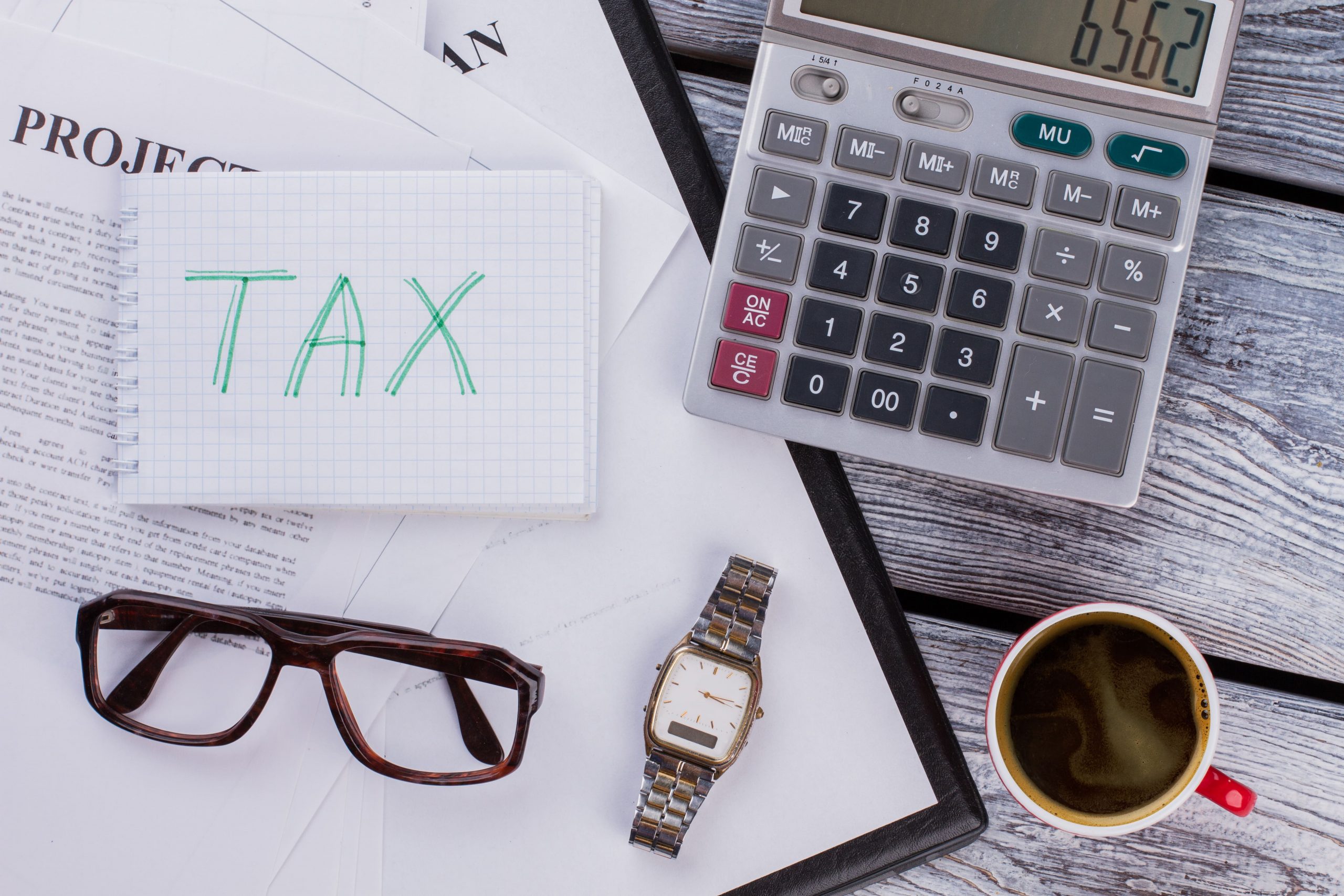A luxury tax is a tax on high-end items that are not considered essential. The purpose of a luxury tax is to generate revenue for the government and to discourage people from spending money on non-essential items.
Luxury taxes are often imposed on items such as jewelry, furs, expensive cars, and private jets. In some cases, luxury taxes can also be applied to services, such as private schools and country club memberships.
How Is a Luxury Tax Calculated?
Luxury taxes are typically calculated as a percentage of the item’s purchase price. For example, if a luxury car has a purchase price of $100,000 and the luxury tax rate is 10%, the luxury tax would be $10,000.
When Are Luxury Taxes Due?
Luxury taxes are generally due at the time of purchase. In some cases, luxury taxes may be included in the price of the item. For example, if you buy a car that has a luxury tax built into the price, you will not have to pay the tax separately.
What Are the Pros and Cons of a Luxury Tax?
There are both pros and cons to imposing a luxury tax. On the plus side, luxury taxes can generate a significant amount of revenue for the government. They can also discourage people from spending money on non-essential items, which can free up money for more important things.
On the downside, luxury taxes can be seen as unfair because they target people who can afford to spend money on high-end items. Luxury taxes can also make it more difficult for people to buy luxuries that they may genuinely need or want.
What does tax on luxury goods mean?
The tax on luxury goods is a tax levied on items that are considered to be luxuries. This can include items such as jewelry, clothing, and cars. The tax is typically a percentage of the item’s purchase price, and is added to the price of the item at the time of purchase.
The tax on luxury goods is intended to target those who can afford to spend more money on items that are not considered necessities. The hope is that by taxing these items, people will be less likely to purchase them, freeing up money to be spent on other things. The tax can also be used as a way to generate revenue for the government.
There are a variety of opinions on the efficacy of the tax on luxury goods. Some believe that it is an effective way to discourage people from purchasing unnecessary items. Others believe that the tax is unfair because it targets those who can afford to spend more money. Still others believe that the tax is unnecessary because it does not impact people’s ability to purchase essential items.
What do you think about the tax on luxury goods? Do you believe it is an effective way to raise revenue or discourage unnecessary spending?
How is luxury tax calculated?
Luxury tax is a tax that is placed on certain items that are considered to be luxurious. The amount of tax that is placed on an item depends on the country in which the item is being purchased. In some countries, luxury tax is placed on items such as jewelry, clothing, and automobiles. In other countries, luxury tax may be placed on items such as electronic goods, alcohol, and tobacco.
The amount of tax that is placed on an item is usually based on the price of the item. In some cases, the amount of tax may also be based on the weight or size of the item. For example, in the United Kingdom, luxury tax is placed on items such as yachts and private jets. The amount of tax that is placed on these items is based on their value.
In the United States, luxury tax is not placed on all items that are considered to be luxurious. For example, luxury tax is not placed on clothing or automobiles. However, luxury tax is placed on items such as boats, private jets, and jewelry. The amount of tax that is placed on these items is based on their value.
Luxury tax is not always a bad thing. In some cases, it can help to raise revenue for the government. In other cases, it can help to discourage people from purchasing certain items. For example, if luxury tax is placed on cigarettes, it may discourage people from smoking.










